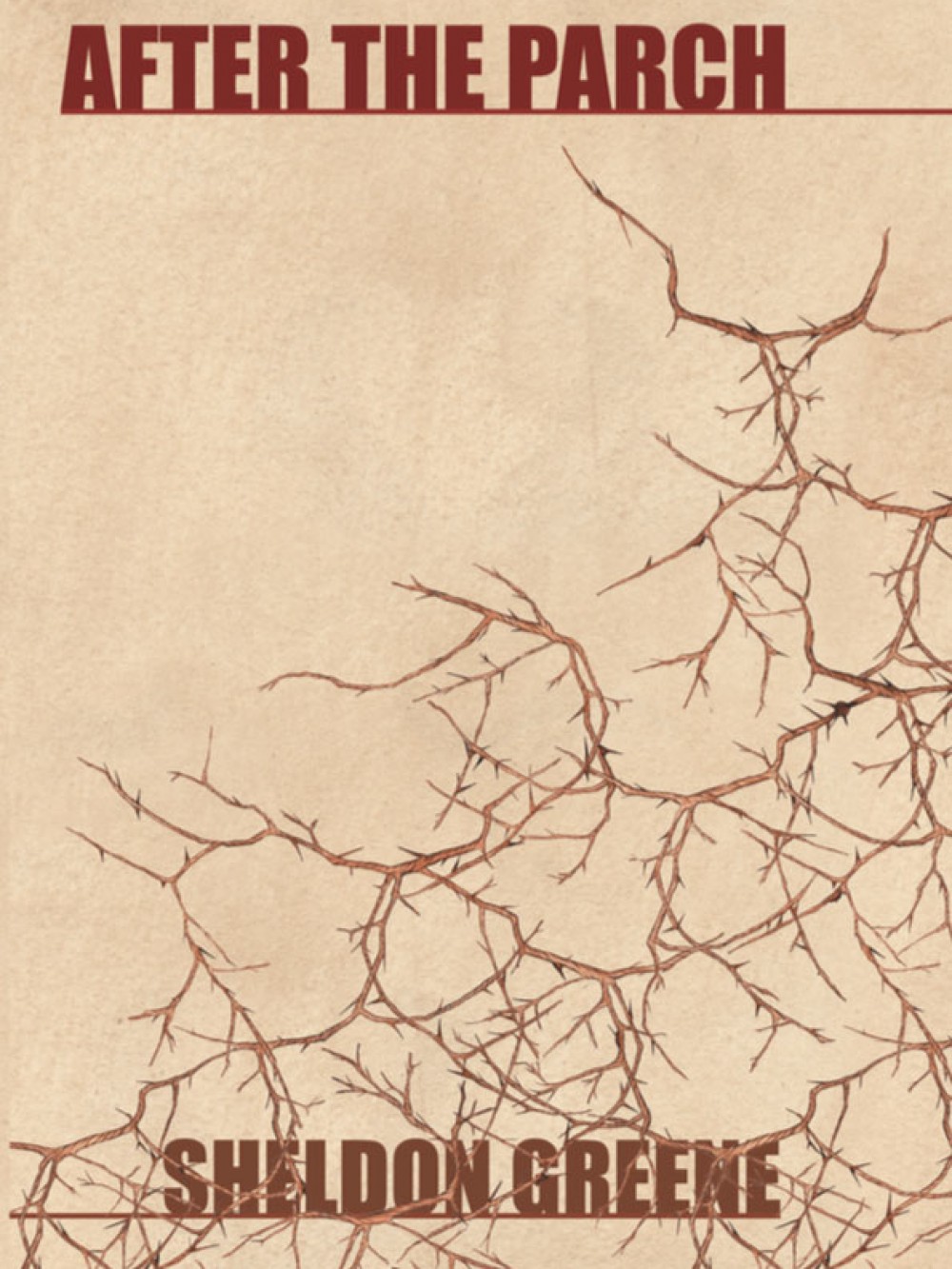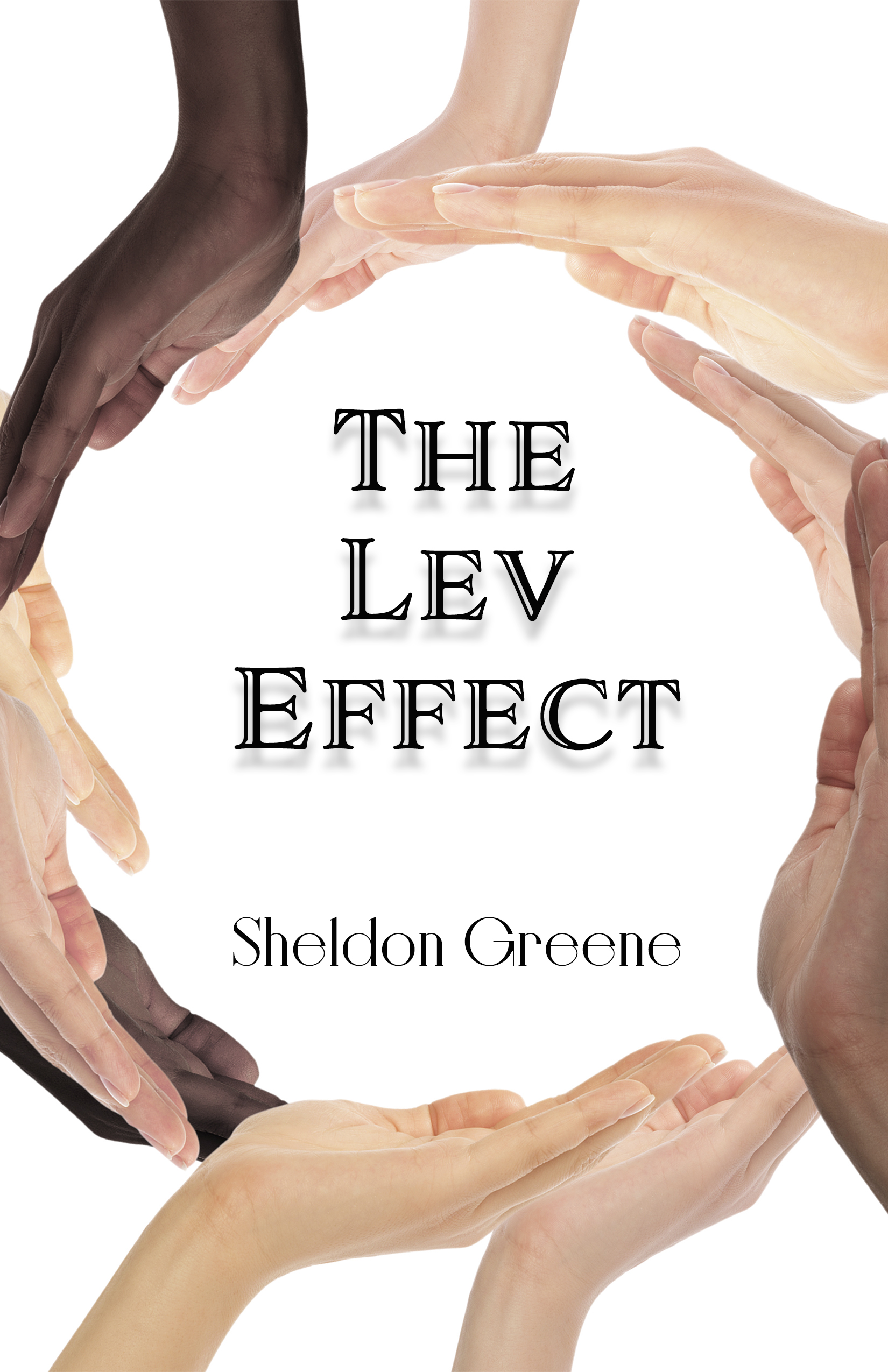OUR LIVES #2 – Finding Eldorado in Florida
December 6, 2020Prodigal Sons
December 6, 2020
After the Parch
I
t’s 2075. The USA has broken up and California has become an independent refuge dominated by a single omnipotent corporation. Eighteen-year-old Bran, a shepherd, is given a mission to traverse the California Republic in ten days, in order to save his rural community from forfeiting its land.
On the way, he teams up with a seventeen-year-old girl who has the skills and prowess of a warrior, an eleven-year-old wild boy with uncanny survival skills, and a wandering musician with a secret revolutionary agenda.
After the Parch is a fast-paced, vivid, dystopian fantasy with a chilling resemblance to the way we are, and a vision of what we might become. It’s a well-crafted story and the plot flows naturally from one crisis to another, with three-dimensional characters right up to the taut and positive climax.
Sheldon Greene has been called “a born storyteller” by the Los Angeles Times for his book Lost and Found (Random House).This is his fifth novel.“I felt the need to describe our country as what it might become if we continue on the current trajectory.” He is a lawyer and an executive in a wind energy development company, and has a background of high impact public interest litigation in health care, labor law, land policy, and immigration. He also sings in the Oakland Symphony Chorus and serves on several boards.
Tell us something about yourself.
I am an executive in Oak Creek Energy, a wind energy development company, and serve on two other boards, Great Lakes Energy Institute, and Berkeley Art Center. As a lawyer I have a background of high impact public interest litigation in health care, labor law, land policy, and immigration. I have published five critically acclaimed novels, Lost and Found, (Random House), Burnt Umber (Leap Frog) Prodigal Sons (Book Surge), Pursuit of Happiness (Create Space) and now, After the Parch. (Strategic Publishing).
Tell us something about the five published novels.
The novels are very different from each other.
In Lost and Found, a holocaust survivor recounts stories about the people in a small town in Pennsylvania. Publishers Weekly said, “…unconventional, warmly satisfying… Greene is a witty, astute commentator on the contemporary Jewish scene, but his observations on the need for moral values, compassion, charity, understanding should afford insight and inspiration to readers of all religious persuasions.”
Burnt Umber, ties together the lives and art of two real 20th century artists. The novel spans the century, including Two Great Wars, travels from Munich to Paris and ends in Berkeley during the Viet Nam era. It explores the themes of creativity and narcissism, and the empowerment of women. “In Proustian fashion…Greene’s second novel is a beautifully written account of the lives of artists caught up in turbulent times.” –Booklist.
In Prodigal Sons: A Jewish Partisan returns to post- war Munich to take revenge but his life takes an unexpected turn. “A fact based thriller that travels from the Polish forests, the illegal immigration to Palestine and the Israeli War of Independence to a divided Germany seeking to restore its national pride.” “A page-turner with emotional depth.” Kirkus Discoveries Reviews :
Pursuit of Happiness, the fourth novel, is set in the American Revolution. Joshua Rutledge, a Quaker and a member of the Rebellion’s first spy organization, the Committee of Correspondence, is sent to the Caribbean to retrieve a desperately needed French arms shipment. “Pursuit of Happiness is a Revolutionary War Gone with the Wind …a wonderful story…” Teri Davis, Bestsellers World
What about the latest, After the Parch?
It’s the only one that is set in the future, 2075, in California Republic, after the break-up of the United States and after a long drought. The novel is much simpler than the others. It’s linear, and takes place over just ten days. A shepherd, think of Candide, must travel the length of California to save his rural commune. On the way he encounters, a tricky magician, a runaway girl, a wild boy, and an itinerant musician with a secret agenda. He learns something about reliance on strangers and trust.
Are any of the books auto- biographical?
No.
How do you develop them?
I start with an idea, maybe the seed of a story, and let it grow. For example the idea for, Burnt Umber came from noticing a sculpture in an Italian Restaurant. When I have a story, I expand it into an outline, develop bios of characters, and do a lot of research related to time and place. Then I start to write and let the characters interact and engage. It’s kind of mystical given that once the characters are alive in my head they do much of the work. They sometimes even take unpredictable turns. The settings, landscapes, interiors, incidental characters simply appear all out of the imagination. Then when the work is done, I revise and revise again until I am satisfied with it.
What do you like and don’t like about the process.
I enjoy the conceptualization, and the writing. I find revision, tedious, but necessary. And I hate punctuation.
How long does it take?
Years.
Do you have a routine?
No. I write when the spirit moves me and stop when I feel that I’ve done enough or have nothing more to get on paper.
Is there anything unusual about writing fiction, from your standpoint?
Yes. The process of characters, events, places, blossoming in the imagination. Sometimes it feels as if they are coming from somewhere else. But of course it’s my imagination wandering the pathways of my brain.
Do you reference other novels or themes.
Sometimes. Prodigal Sons is a broad re-telling of the German myth, the Wagner Opera, Gotterdammerung, Twilight of the Gods. The story relates to the theme of the novel, the end of ideology. Unfortunately ideology still plays a big role in world affairs but now it’s more cast in the clothing of theology. I wrote one sequence of Lost & Found as an homage to the Polish novelist Bruno Schulz who died in the Holocaust. All but the most recent novels have some Jewish Cultural dimension. Pursuit of Happiness describes the community of former Spanish Jews who settled in the Caribbean after the Inquisition, La Nation. And as mentioned, the hero of After the Parch is a modern day Candide.
Is there a fact basis to any of your novels.
Yes, when appropriate. Prodigal Sons, for example deals with factual events at several levels; Jewish Partisans during WW II, the illegal immigration to Palestine, the Israeli War of Independence, Munich after the War, a clandestine Neo-Nazi organization hoarding gold, Nazi art theft, and a handful of Israelis who went back to Europe to kill Nazis. All topics were well researched and described accurately in the fictional context.
What’s next?
I have three unpublished manuscripts, which I will revise and ultimately market. Two are sequels to Lost and Found, with the same narrator. Then there’s the first novel I wrote. When these three are published I will see what if anything comes next.
Any advice to aspiring writers?
Don’t do it unless you really enjoy it and love it. If you do, write for yourself only. If other people get to read and enjoy it, that’s icing on the cake. If one or two people feel that reading your work made a difference in their lives, you’ve succeeded. If you can’t help yourself, just go for it.








12 Comments
Everything is very open with a very clear explanation of the challenges. It was definitely informative. Your website is extremely helpful. Thank you for sharing!
Todah: Check out my novels on Amazon.
Thank you a lot for providing individuals with remarkably special opportunity to discover important secrets from this site. It’s always very pleasant and as well , jam-packed with a good time for me personally and my office mates to search your blog particularly three times every week to read the new items you have. And lastly, I’m just actually pleased for the sensational opinions served by you. Some 4 facts on this page are unequivocally the very best we have all ever had.
Thanks, you might want to read some of my novels, Amazon.
Check out my novels on Amazon.
You are my inspiration, I own few blogs and rarely run out from brand :). “Truth springs from argument amongst friends.” by David Hume.
Check out my novels on Amazon.
Just what I was looking for, regards for posting.
Check out my novels on Amazon.
Hey There. I found your blog using msn. This is a very well written article. I will be sure to bookmark it and return to read more of your useful info. Thanks for the post. I’ll definitely return.
Check out my novels on Amazon
Check out my novels on Amazon.